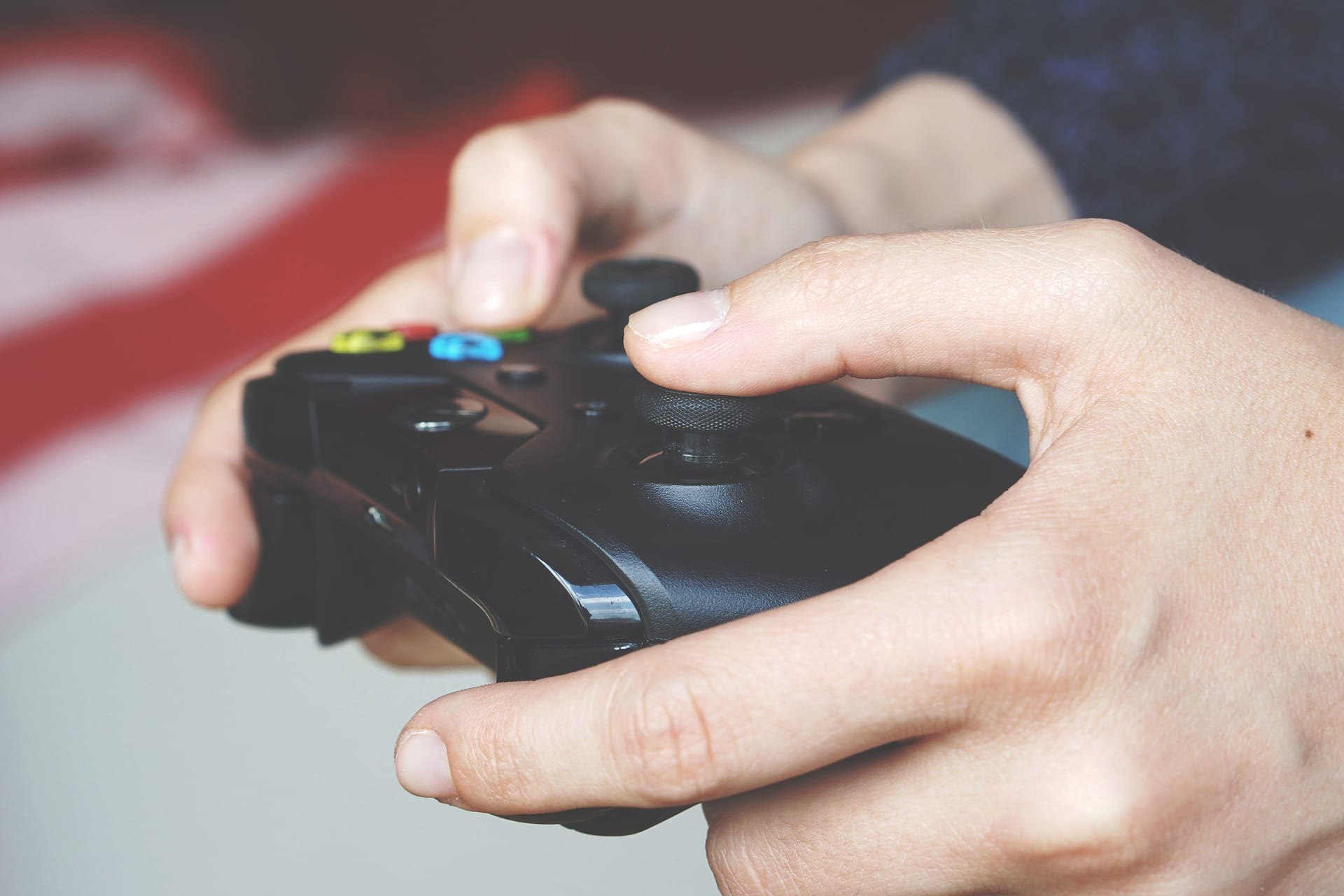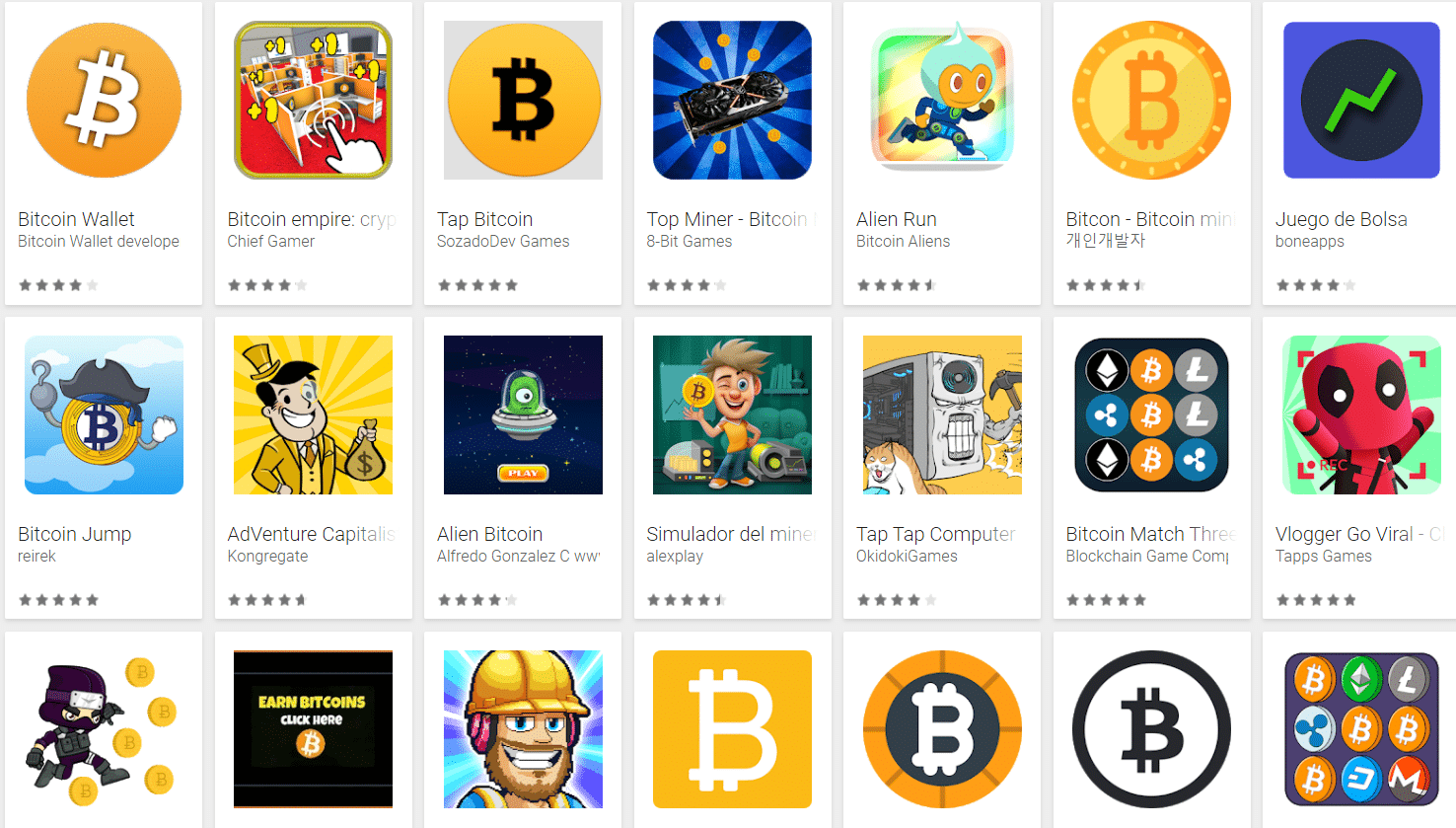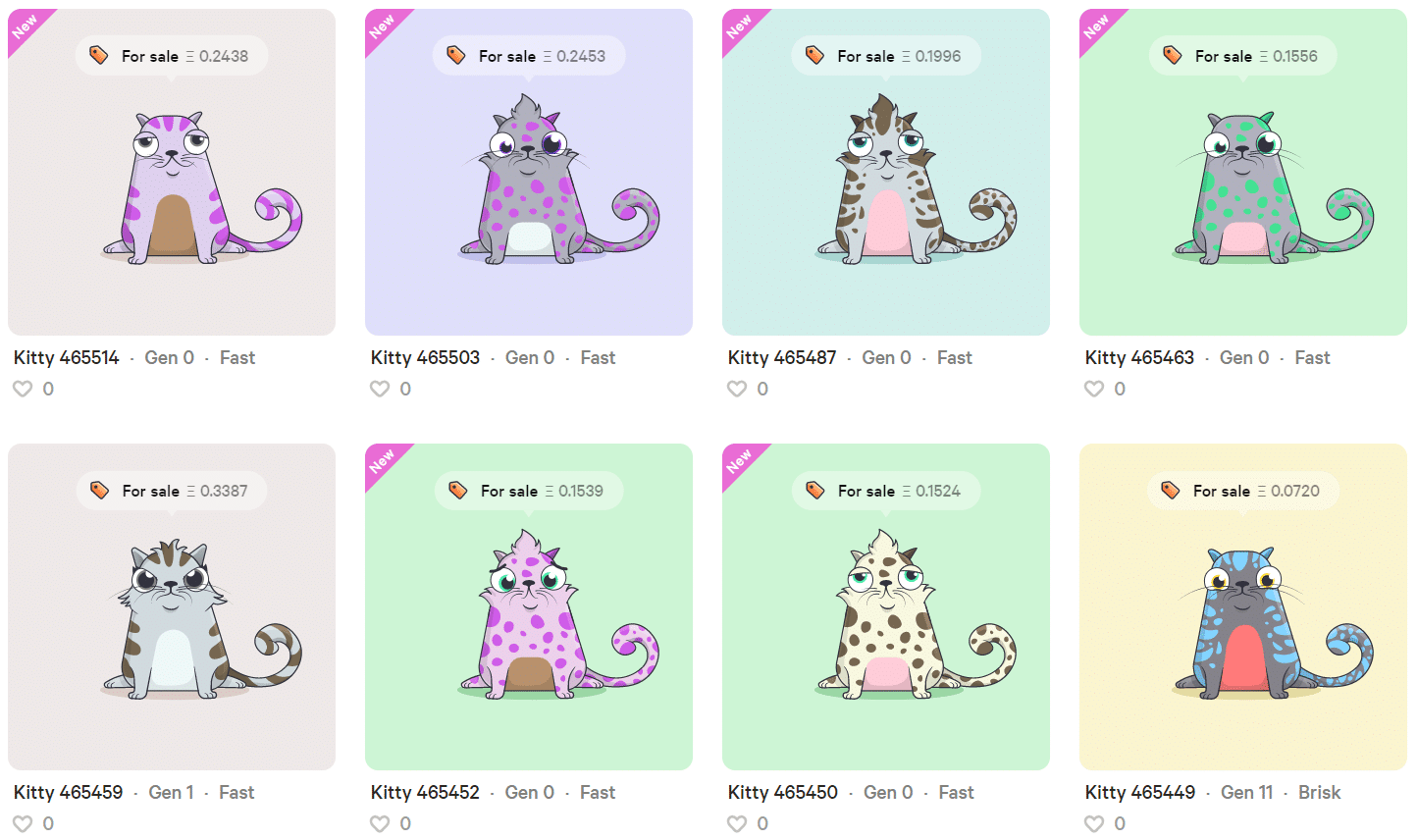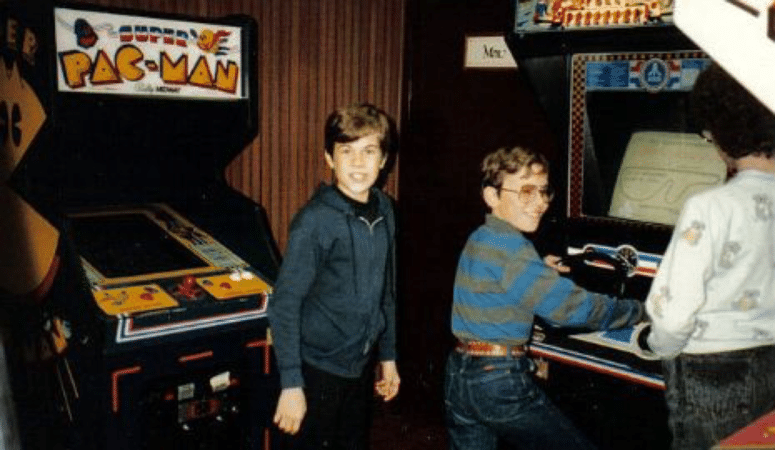As with so many things blockchain, blockchain mobile games so far have fallen somewhat short of the mark. Yes, there are a bunch of passably decent blockchain mobile games that you can download to your smartphone today. But you probably won’t find yourself getting hooked on any just yet.
Moreover, the cryptocurrency component in most is almost incidental; essentially an add-on feature rather than a fundamental. If you’re simply looking for a game to pass the time on the subway, that won’t make much difference to you. But if it’s blockchain tech you want to witness at its best, you’ll have some time to wait.
The Rising Mobile Gaming Industry
Since mobile internet browsing surpassed desktop for the first time in 2016, we reached a crucial tipping point that marked a historic change. The rise of mobile internet goes hand in hand with improving technology and lowering costs. While they may not be in the market for an iPhone X, developing countries aren’t falling far behind in smartphone ownership, with 82 percent of people there having a smartphone of some kind.
In fact, India and China hold around one-third of the world’s population of smartphones. And they’re pretty hooked on them in Latin America, Southeast Asia, and Africa as well.

It’s a short-sighted business that hasn’t opened its eyes to the power of mobile. And with video games making up around 25 percent of all apps available on Google Play, you don’t have to be a gamer to see the potential. Even traditional console-based gaming giants like Nintendo are moving into mobile before their product becomes irrelevant.
But it’s not all fun and games in the mobile gaming industry. There are some problems with it as well. And guess what? You got it! Blockchain mobile games could provide the solution.
The Need for Blockchain Mobile Games
While developing games for mobile apps rather than box-wrapped versions for gaming consoles undoubtedly slashes costs for developers, the payouts are often less too. The payment system can be fragmented and laborious, inefficient and slow. Piracy and lack of transparency remain key issues to contend with. It can be hard for developers to access the data they need to gather insights to improve their games.
Despite the rise of alternative payment methods, the majority of payments in the mobile industry still come from SMS. This has so far provided a solution for collecting payments from people without access to a bank account. This is especially widespread in Latin America and Southeast Asia where they make purchases with their cell phone credit instead.
But this form of payment is slow and cumbersome for developers. In fact, it can take up to six months for developers to receive payment from SMS providers! Their commissions are steep as well: skimming as much as 70 percent off the payments.
Blockchain mobile games using decentralized technology ensure that payments are received in a timely (or even near real-time) manner. There are no middlemen taking their cut. This improves efficiency and ultimately (in theory) game quality for both gamers and developers.
Blockchain mobile games could provide a solution to the SMS problem without requiring users to hold a bank account. So for the 2 billion or so unbanked around the world, they could join in the blockchain mobile game movement without a problem.
Cryptocurrency Could Cut Out SMS Payments
Developers could incentivize gamers with cryptocurrency for providing data, participating in surveys, or watching adverts, for example. Their identity would be verified on the blockchain. This could serve to nip the piracy problem in the bud and end the countless spin-off versions of branded games providing entertainment illegally for free.
Projects like Enjin Coin are resolved to fight against fraud in the virtual goods market using blockchain’s transparent nature. They aim to provide a whole ecosystem for gamers as well.
Some blockchain mobile games even allow you mine cryptocurrency, such as Ionomy. However, until mobile cryptocurrency mining becomes more efficient and profitable, mining purely from a mobile will reap few rewards.
Where Blockchain Mobile Games Are at Right Now
There are plenty of blockchain mobile games out there. But they’re not solving all the issues of the mobile gaming industry just yet. In fact, one of the greatest issues with many blockchain mobile games is that they’re lacking in their essential product: a really good game.
Some of the most popular blockchain mobile games like Alien Run and Itadaki Dungeon come highly rated, yet could just as easily function without cryptocurrency. Mobile blockchain games are really just beginning to take wings. Currently, most of them incorporating their native token as a game reward or simple promotional tool.

There are few blockchain mobile games that appear really invested in making their native token fundamental to their business model–a real game-changer, so to speak. Platforms like Worldopoly and Ionomy are committed to creating more than games for casual gamers, constructing actual ecosystems in which gamers can earn crypto, mine crypto, and stay within the mobile app.
The Most Famous Blockchain Games Ever
Everyone’s heard of CryptoKitties, the wildly popular DApp that uses the Ethereum blockchain to trade and prove cat ownership (whatever floats your boat, right?). But it’s taking its time to go mobile. After the initial craze of late 2017 and early 2018, in February they announced the launch of a Chinese-language iOS app aimed at greater China and Singapore.
But the Ethereum blockchain’s scalability issues threw a cat among the pigeons with so many transactions resulting in backlog, bottleneck, and delay. In June, CryptoKitties announced the launch on HTC’s flagship phone. The app will be installed on every new device, creating added buzz for the Taiwanese mobile manufacturer. Let’s hope this venture fairs better.

There have been other key players in the blockchain mobile games space, including Huntercoin, a fork of the Namecoin blockchain that allowed players to mine their own currency and then find it and take it to virtual “banks.” And games like BitQuest that also offered rewards in Bitcoin in 2016. But CryptoKitties takes the title as the most famous blockchain game to date (or most famous entertainment dApp, at least).
Closing Thoughts
The variety and number of blockchain mobile games remain limited and mainly reserved for games experimenting with crypto, rather than making it instrumental to their business model. But, as both technologies continue to rise and connect more of the unbanked, mobile games built with blockchain will likely explode in the future. And as soon as that big hit game comes out, more will surely follow.
[thrive_leads id=’5219′]






